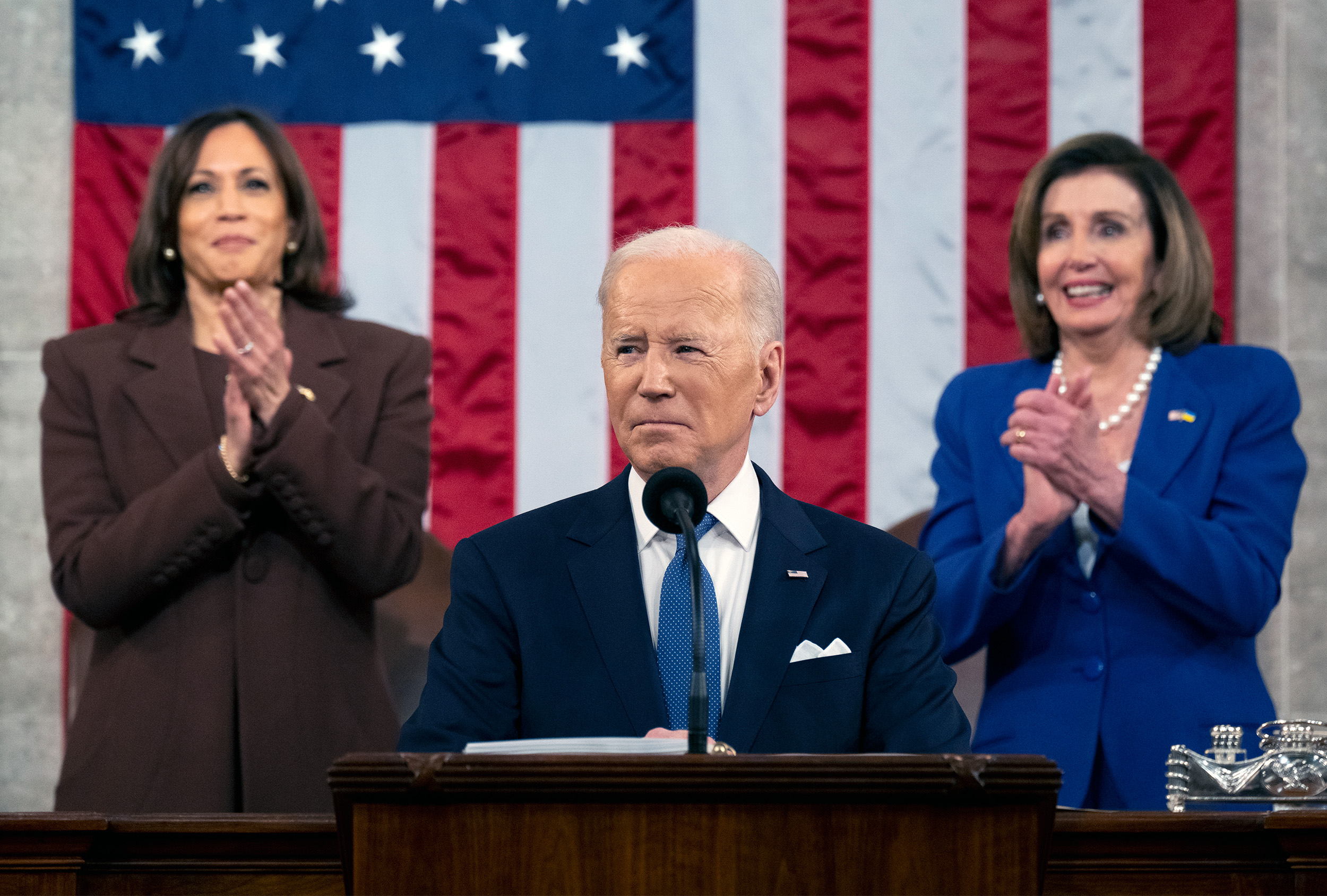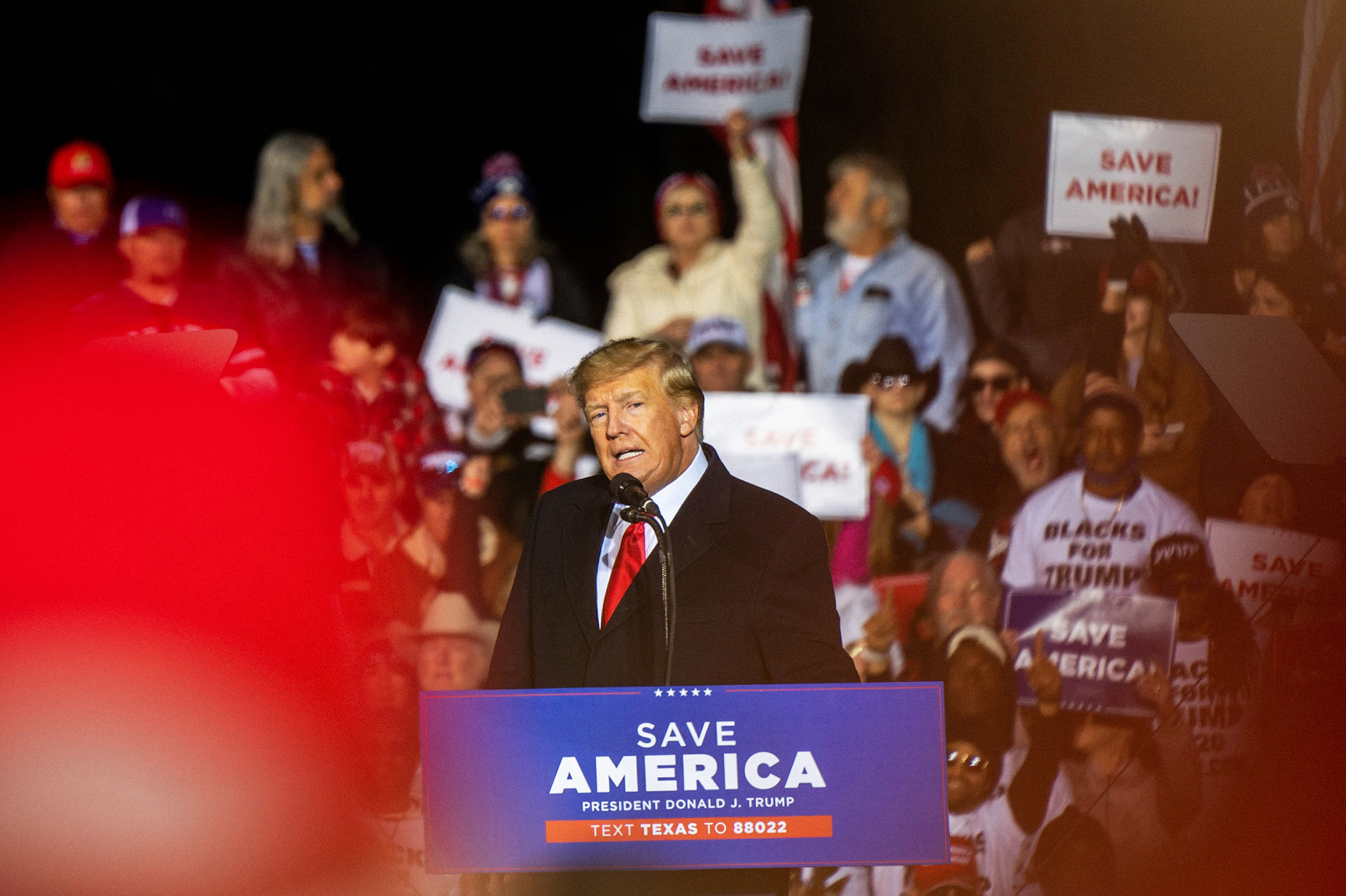As global tensions rise, concerns mount over the readiness of the U.S. military to face major adversaries. Conservative analyst Max Boot questions whether President-elect Trump’s nominee for Secretary of Defense, Pete Hegseth, has the experience and capacity to rebuild America’s defense capabilities.
‘Utterly inadequate’: Conservative warns Trump ‘major war’ is looming — and he’s not ready
Key Takeaways:
- The U.S. military may not be prepared for protracted conflicts against major powers like China or Russia.
- Max Boot expresses doubts about Pete Hegseth’s qualifications to lead the Department of Defense.
- Downsizing after the Cold War has weakened the U.S. defense-industrial base and military capabilities.
- Current U.S. defense spending is lower as a percentage of GDP compared to the Cold War era.
- The Senate faces the critical task of evaluating Hegseth’s plans to address military readiness challenges.
Concerns Over Military Preparedness
As President-elect Donald Trump prepares to take office, conservative analyst Max Boot has raised alarm bells regarding the readiness of the U.S. military. Writing for The Washington Post , Boot asserts that the armed forces are unprepared to face America’s adversaries in a major conflict. “Right now, the U.S. military simply is not ready to defeat an adversary such as China or Russia in a protracted conflict,” he warns.
Questioning Hegseth’s Qualifications
Central to Boot’s concerns is Trump’s nominee for Secretary of Defense, Pete Hegseth, a Fox News host and former National Guardsman. Boot questions whether Hegseth possesses the necessary experience and capacity to prepare the armed forces for the challenges ahead. “The essential question that senators must ask is whether Hegseth…has the capacity and experience to prepare the armed forces to fight a major war—and, if so, how he would go about it,” Boot writes.
Impact of Post-Cold War Downsizing
Boot attributes the military’s current state to complacency following the Cold War. The downsizing of the armed forces and a reduced defense-industrial base have left the United States ill-equipped for extended conflicts against major powers. “Since then, the United States has prepared a military suitable for fighting insurgents in Afghanistan or Iraq—but utterly inadequate for an extended fight against a major power,” he explains.
Declining Defense Spending
Despite substantial absolute spending, U.S. defense expenditures represent a smaller portion of the economy than in previous decades. “While high in absolute terms, U.S. defense spending is just 3 percent of gross domestic product, far below Cold War levels,” Boot notes. This reduction affects the nation’s ability to invest in critical infrastructure, technology, and personnel necessary for modern warfare.
The Senate’s Critical Role
As Hegseth’s nomination moves to the Senate for confirmation, Boot emphasizes the importance of thorough scrutiny. “Now it will be up to senators to decide if Hegseth…is the right person to rebuild America’s atrophied defense capabilities,” he concludes. The Senate’s evaluation of Hegseth’s plans and qualifications is pivotal in determining the future readiness of the U.S. military.
A Call to Action
The challenges facing the U.S. military are multifaceted and require decisive leadership. With global threats on the horizon, the necessity for a robust and prepared defense system is more pressing than ever. The upcoming decisions by both the executive and legislative branches will significantly impact the nation’s security and its ability to respond to potential conflicts.











